Menopause Symptoms – Depression
What Causes Depression During Menopause?
While it’s normal to have some emotional ups-and-downs during menopause, they can take a toll on your well-being and your relationships with loved ones if they turn into symptoms of depression. Hormonal fluctuations are a primary driver of the emotional symptoms experienced during menopause, including depression. As estrogen and progesterone levels decline, so too does the production of neurotransmitters like serotonin and dopamine, which play key roles in regulating mood. This biochemical shift can lead to the psychological symptoms of depression, such as sadness, irritability, and feelings of worthlessness. Understanding this connection is vital for women going through menopause, as it highlights that these feelings are not just ‘in their head’ but have a physiological basis that can be addressed.

Symptoms of depress
Psychological Symptoms of menopause-related depression include…
- Sadness
- Low energy level
- Hopelessness or worthlessness
- Difficulty concentrating or making decisions
- Uncontrollable crying
- Insomnia or excessive need of sleep
- Change in appetite that leads to weight gain or weight loss
- As well as suicidal thoughts or attempts
Physical Symptoms of menopause-related depression include…
- Unexplained aches and pains (e.g, headaches and stomachaches)
- Digestive problems
- Sexual dysfunction
- Frequent urination
- Hyperventilation
- Muscle tension
BHRT for Menopause-Related Depression
Bioidentical Hormone Replacement Therapy (BHRT) is becoming an increasingly popular solution for relieving menopause-related depression in women. BHRT involves administering hormones chemically identical to those produced naturally by your body, leading to more natural and gradual incorporation into its natural hormonal cycles. By restoring hormonal balance, BHRT can help women who experience mood swings, sadness, or irritability from declining estrogen and progesterone levels to feel less emotional during menopause. Many women find that this approach not only stabilizes their mood but also increases their overall quality of life during this transitional phase. For maximum effectiveness, it is vital that healthcare providers specializing in hormonal therapies tailor a safe yet effective plan specifically for each health profile and its symptoms.

Lifestyle Adjustments to Manage Menopause-Related Depression
Lifestyle adjustments can play an invaluable role in alleviating menopausal-related depression. Making specific changes, like hormone replacement therapy or making certain dietary choices, can dramatically decrease symptoms associated with depression during menopause. Regular physical activity can increase endorphin levels and help improve mood while eating healthily with plenty of omega-3 fatty acids, whole grains, and fresh vegetables can provide important support for brain health and emotional well-being. Mindfulness practices such as yoga and meditation have been found to effectively reduce stress levels and increase mental clarity, while engaging in social activities and cultivating supportive social networks may provide emotional comfort during transitional phases of life.
Treating Menopause Related Depression
If you’re experiencing any of these symptoms for an extended period of time, make sure to discuss with your doctor. Besides conventional medications, you can also explore exercising, using supplements, seeking emotional support, and using Bioidentical Hormone Replacement Therapy from NuFemme Medical to help overcome your depression.
Hormone therapy with NuFemme Medical is a safe and powerful option that can help you get back control over your life. Contact a NuFemme medical provider today to learn more about how the benefits of a customized hormone-balancing plan that can help you safely and effectively manage depression.
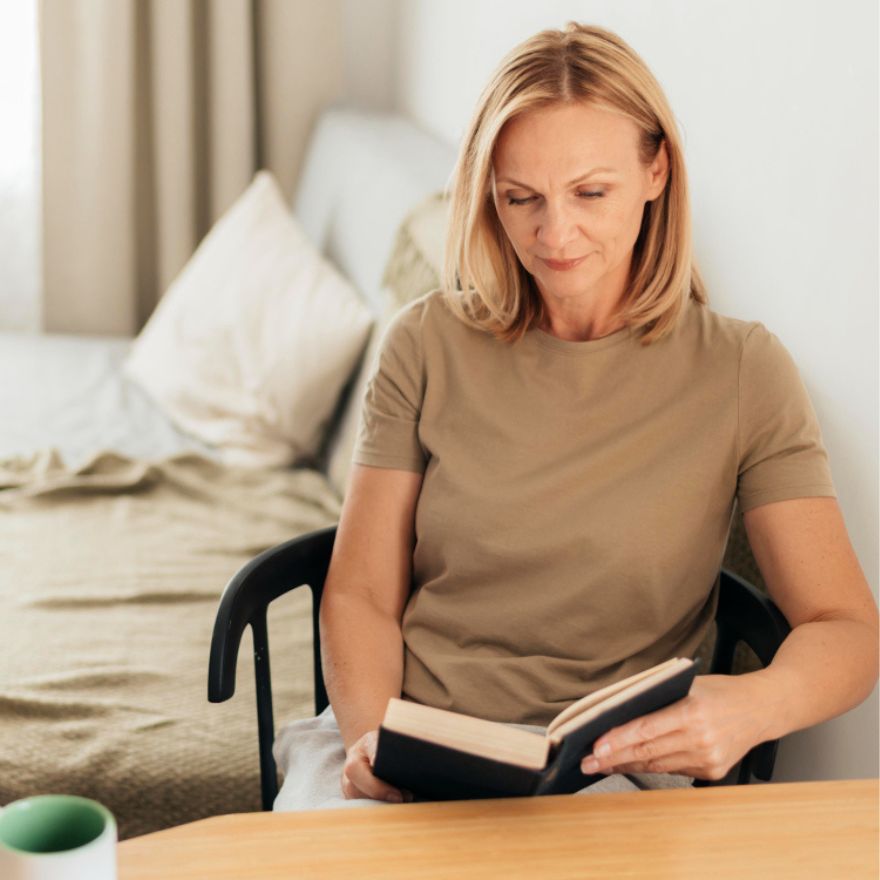
Taking the 1st Step
the latest in Women's Health
Our experienced medical staff will help guide and choose the optimal treatment you deserve. Our approach is comprehensive, confidential, and in a short time you will look, feel, and perform at your best.
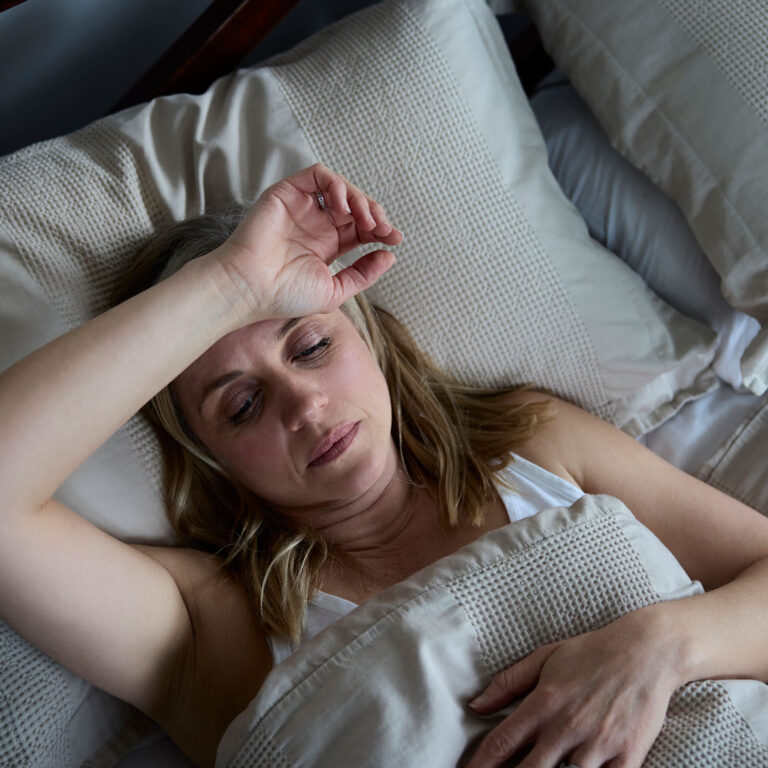
Menopause
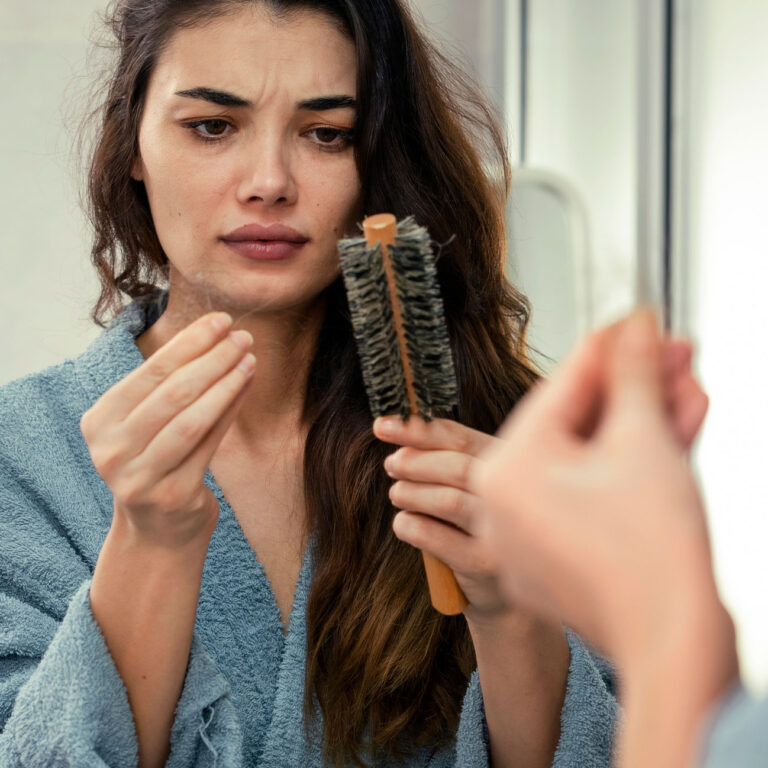
Hair Loss
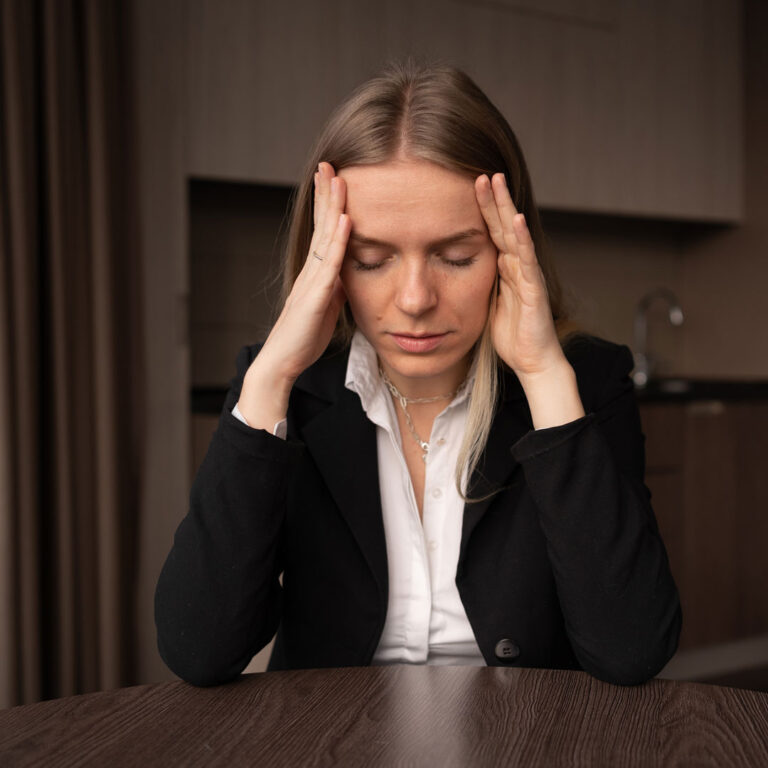
Severe PMS
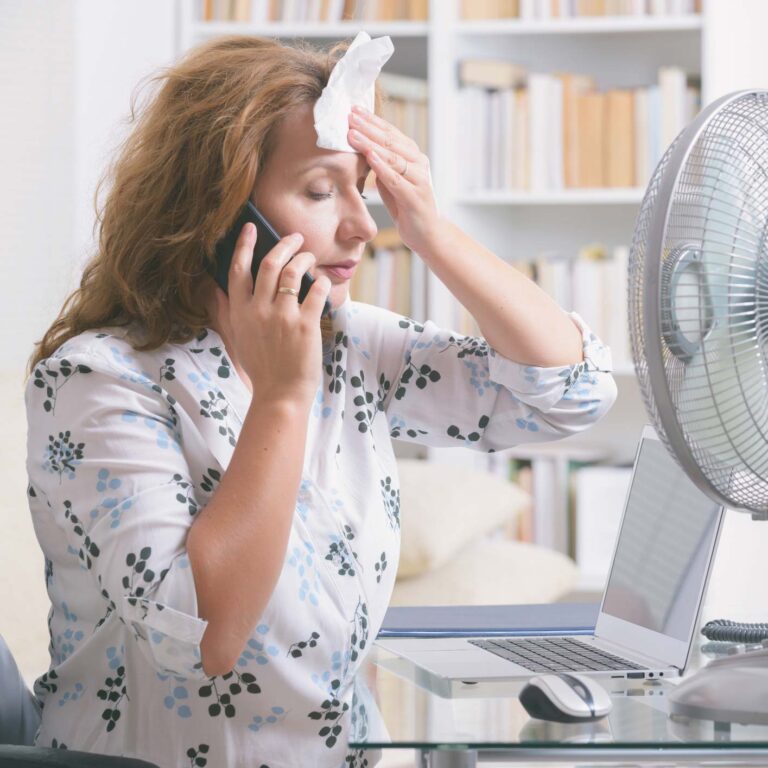
Hot Flashes
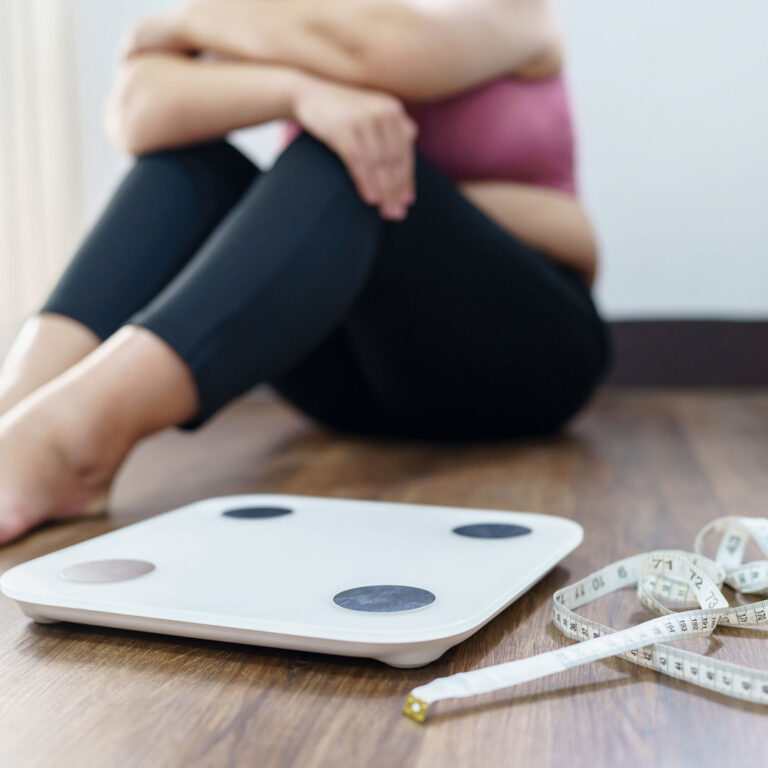
Weight Gain

Insomnia
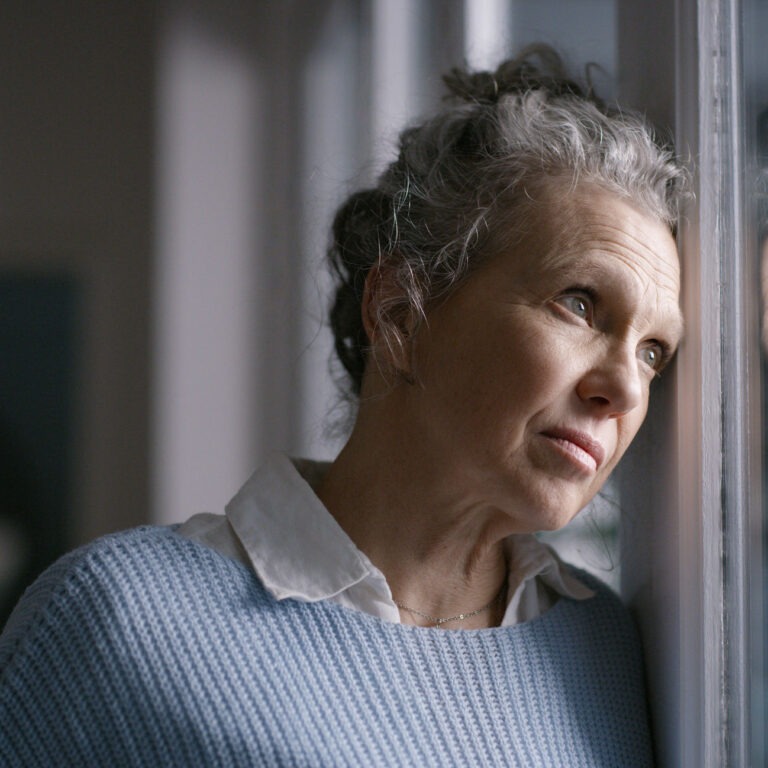
Depression
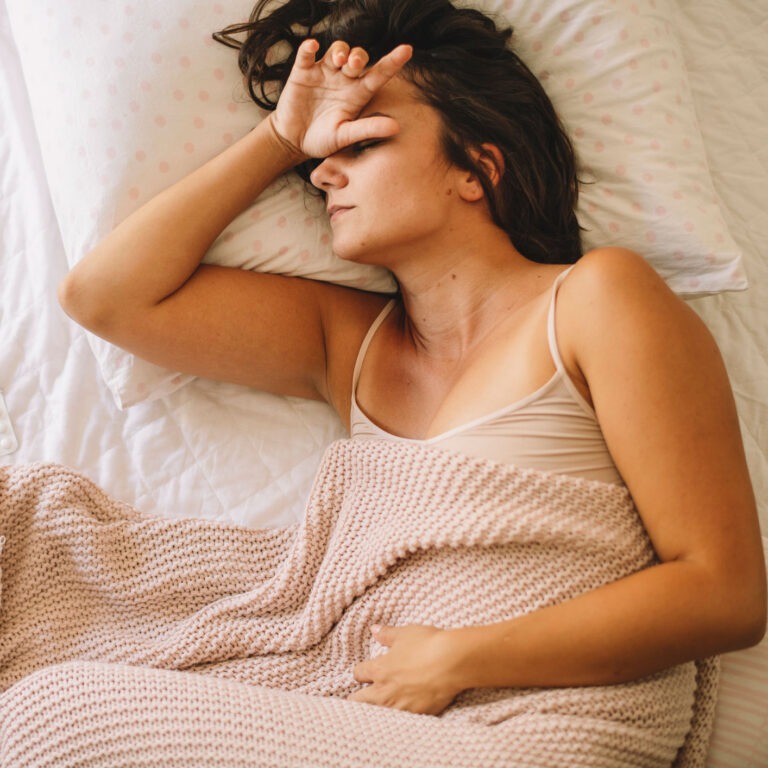
Night Sweats
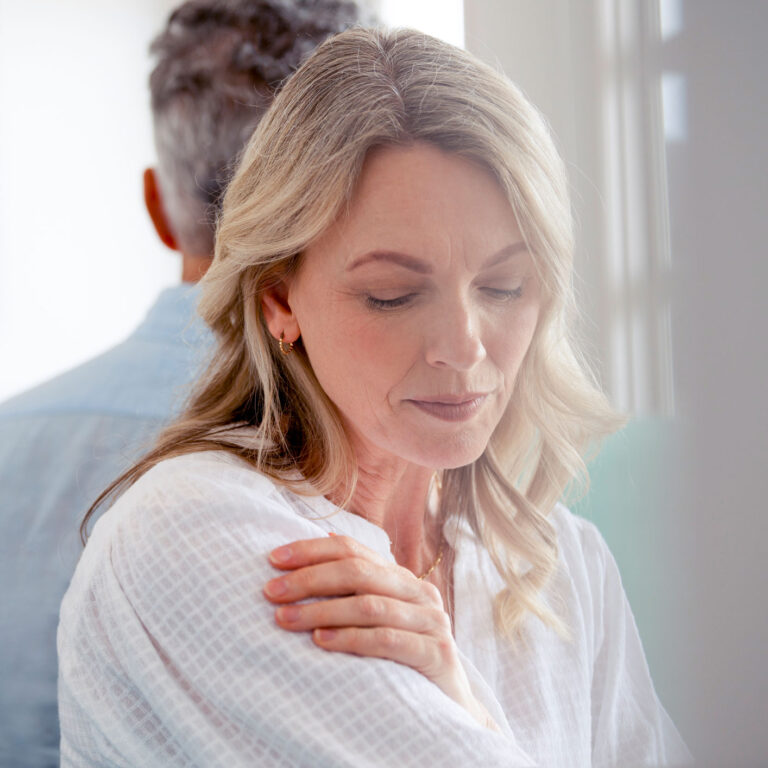
Low Libido







